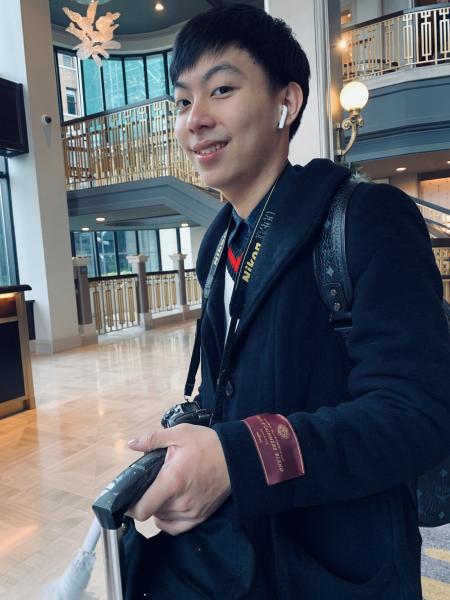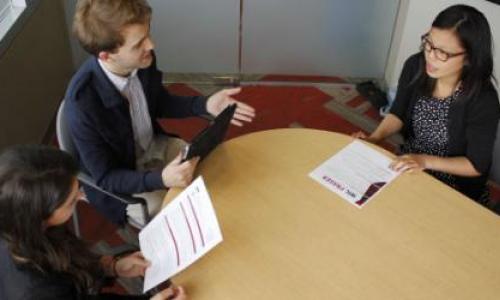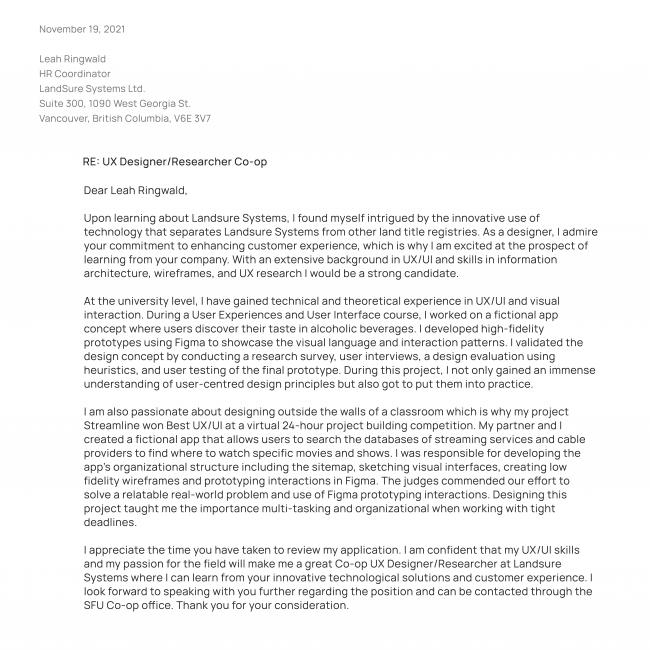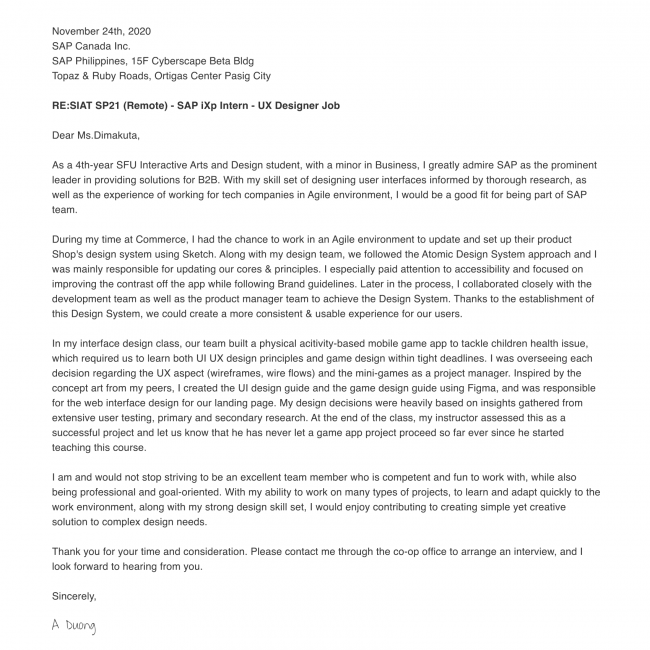
What companies did you work at and what tasks/projects did you work on at each of these co-op jobs?
Jack: "I am currently working at one of the largest energy companies Baker Hughes, as an intern for my co-op program. My official role at Baker Hughes is engineering intern. My daily tasks consist of design calculation, performing Factory Acceptance Test & Operation manual for subsea equipment, Management of Change in engineering design & Quality control, finding and fixing errors in existing subsea equipment, etc. In addition to these technical skills, I've had an excellent opportunity working with Baker Hughes’ global teams, which help me improve my communication skills and teamwork spirit. One of the significant projects that I was involved in was an NPI process to develop a new product. I've learned so much practical engineering & manufacturing knowledge during this project that I would never have without this co-op".
What was your favorite part about co-op?
Jack: "My favorite part about this co-op is that the whole company (both engineer & intern team) is very supportive. I felt very listened to and respectful whenever I suggested an idea, whether it was correct or not. My supervisors are very understanding. They helped me learn many things, not only technical knowledge but also professionalism and engineering ethics. During my time at Baker Hughes, I was able to apply the theoretical knowledge that I learned in school into practice. I'm a hands-on learner, so I learn and digest the knowledge better through real-life work instead of solving hypothetical problems in textbooks. In summary, I'm very grateful and appreciate the opportunity to learn and work here".
How did the co-op experience help you in your career journeys?
Jack: "Baker Hughes is an energy company that works in different energy industry sectors such as Hydrogen Technology, Carbon capture, and Storage, Geothermal energy. However, Baker Hughes is most well-known for providing engineering solutions and equipment to Oil & Gas industry. Many sustainable energy engineering students may assume that companies involved in the oil & gas industry do not care about the environment. In contrast, many energy companies like Baker Hughes have been investing in energy transition for years and putting lots of afford into making energy transition happen while trying to increase efficiency in oil & gas production to reduce emissions as much as possible. This co-op experience helps me to realize that there are other ways to look at sustainability. At SFU, I've learned about conditional optimism on climate change. Conditional optimism simply suggests that people believe in sustainability & preventing climate change with a logical mindset. For instance, I believe that the world's energy can be fully supported by sustainable energy. However, with a conditional optimistic mindset, that energy transition will not happen in the near future. Meanwhile, it's undeniable that we still have to depend on fossil fuel sources heavily. Therefore, Baker Hughes decided to focus on not only alternative energy transition but also on making oil & gas production as "green" & sustainable as possible by applying advanced technologies such as AI, data management, digital oilfields, etc. To sum up, I personally believe that those giant energy companies like Baker Hughes are the companies that can really make an impact on the energy industry because they have the resources and technologies to rotate our world toward sustainable energy".
How did the co-op program help you throughout your co-op journey?
Jack: "The co-op program, especially SEE Co-op, has been going above and beyond to help me land this co-op position at Baker Hughes. I am thankful to the SEE Co-op department for always being very helpful and responsive. I also would like to express my gratitude to my Co-op Coordinator, Tyler Schwartz, for supporting and guiding me throughout the Co-op search process".
























